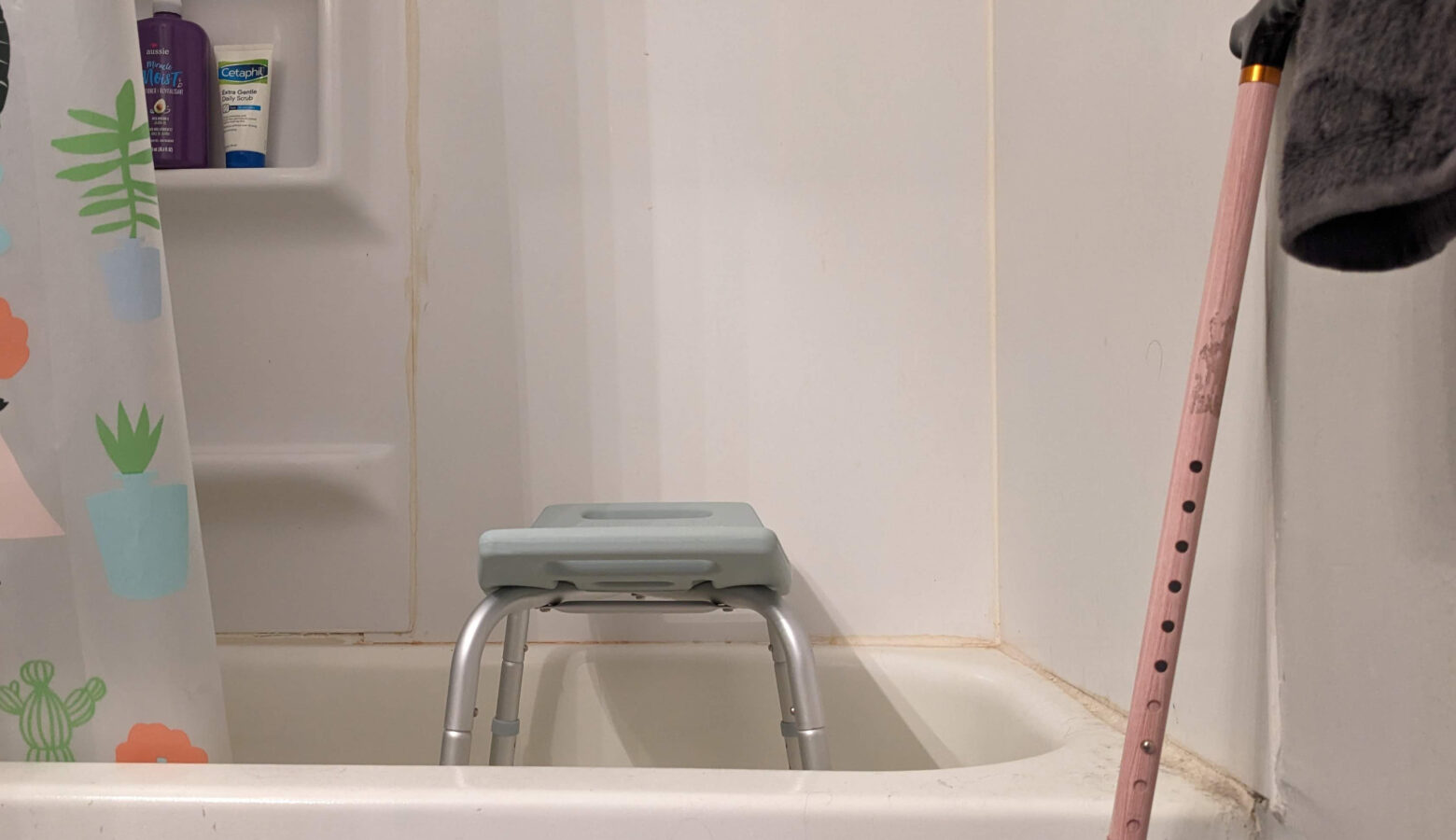CMS approves Indiana’s changes to several Medicaid waivers

Hoosiers with disabilities or those who want to age in place will see significant changes to Medicaid services following the federal government’s final approval to plans proposed by the state.
The Centers for Medicare and Medicaid Services accepted the changes to the Indiana’s home and community-based services waivers.
The most notable changes are to the Aged and Disabled waiver. Those services are shifting to two separate waivers: Health and Wellness, and Pathways.
Members under 60 will transition to the Health and Wellness waiver, in response to the state’s $1 billion Medicaid shortfall. This changes the financial resources available from the state to family caregivers of medically complex children.
The Family and Social Services Administration said legally responsible individuals will no longer be able to provide attendant care as of July 1. They can either find a non-LRI caregiver to provide attendant care or switch to the Structured Family Caregiving program, which is a part of the Health and Wellness waiver.
CMS also approved adjustments the state made to the Structured Family Caregiving program following stakeholder input. This includes clarifying when an individual can receive skilled respite care, allowing foster parents access to the program and establishing how the program’s tiers are assigned.
Join the conversation and sign up for the Indiana Two-Way. Text “Indiana” to 765-275-1120. Your comments and questions in response to our weekly text help us find the answers you need on statewide issues.
The Pathways waiver supports the state’s new program for Medicaid members over 60, which launches on July 1. The Pathways for Aging program will shift care to managed health plans from the fee-for-service structure the state has been using. CMS approved the Pathways waiver for five years.
The Pathways and Health and Wellness waivers will be overseen by FSSA.
Both transitions have received criticism. Lawmakers and senior care organizations have raised concerns about the readiness of the Pathways for Aging program.
Family caregivers have criticized FSSA for “woefully lacking” communication around the Structured Family Caregiving transition. In addition, the state is being sued for changes affecting medically complex children.
CMS also approved several other waivers, including the Community Integration and Habilitation waiver, the Family Supports waiver, the Health and Wellness waiver, and the Traumatic Brain Injury waiver.
With this approval, the Traumatic Brain Injury waiver will be now be overseen by FSSA’s Division of Disability and Rehabilitative Services.
Copies of all the waivers are publicly available at the bottom of FSSA’s Medicaid strategies webpage.
Abigail is our health reporter. Contact them at aruhman@wboi.org.


